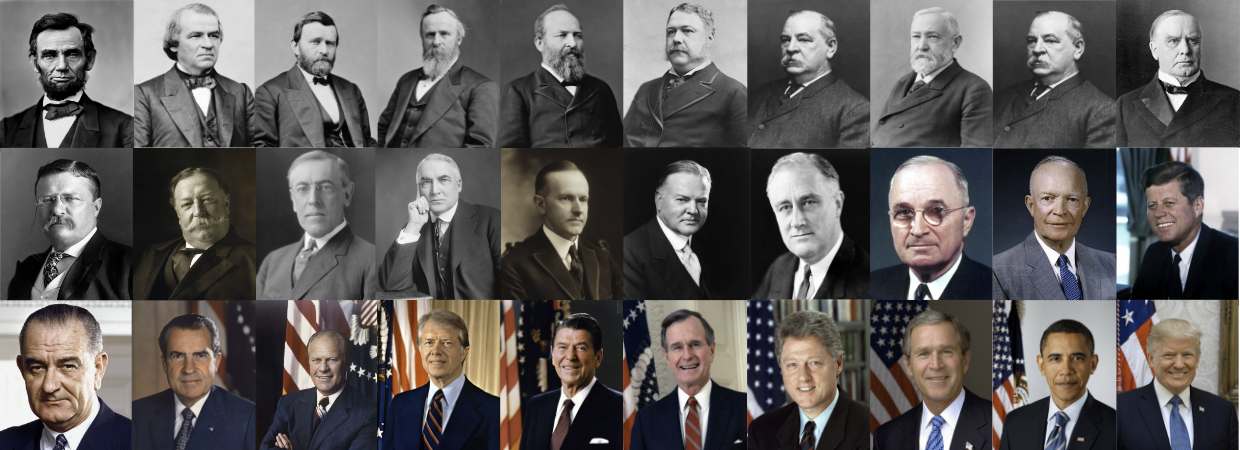
Season Two: Presidential Crises
Welcome to The Past, The Promise, The Presidency, Season Two: Presidential Crises. This season, we are exploring the presidential crises that you already know and those that are rarely talked about, from the Utah War to the government shutdowns of the 1990s. In the process, we will try to figure out:
What makes a presidential crisis?
What is the president’s role in solving the crisis?
What happens when the president makes the crisis worse?
How have presidential crises changed in the last 250 years?
We explore all this and more in The Past, The Promise, The Presidency: Season Two, Presidential Crises.
Episode 33: Season II, Episode IV: Ulysses S. Grant and the Ku Klux Klan Act
Welcome to The Past, The Promise, The Presidency: Ulysses S. Grant and the Ku Klux Klan Act. In our previous episode on Bleeding Kansas and the Utah War, we discussed the intense violence and bloodshed that led up to the cataclysmic wrenching of the Union in half during the Civil War.
But what happened after the Union shattered? It's not easy to put the pieces of national unity back together after a civil war, nor was it a simple task to change the hearts and minds of people who were willing to die to defend slavery and white supremacy.
After the passage of the 15th amendment in 1870, African-American men in the South eagerly made the most of their new right to vote and elected many Black representatives to state and local governments.
In response, white supremacists organized into local chapters of the Ku Klux Klan, which waged vicious campaigns of violence, murder, and destruction to intimidate Black Americans and other Republicans that supported their right to vote. After investigators discovered the extent of the KKK’s reign of terror, President Grant asked Congress to pass legislation that gave him additional powers to address the threat on the ground.
Congress complied in 1871 and passed the Ku Klux Klan Act. Grant then issued a warning to Southern states, but especially to specific counties in South Carolina, that if they didn't stop their campaign of terror, he would declare martial law. Five days later, he fulfilled that promise and suspended Habeas Corpus in nine South Carolina counties. Grant sent in troops to arrest KKK members and deployed US Attorneys to try cases against the Klan.
These efforts were remarkably effective, but just a year later, Grant backed away from his efforts to protect civil liberties.
Why did Grant take such decisive action? And then why did he stop?
What were the motivations behind his handling of this crisis?
How did the public respond to the Ku Klux Klan Act?
How does this crisis inform our current moment?
We spoke with two fantastic guests. First, we spoke with Dr. Yohuru Williams, who is the Distinguished University Chair and Professor of History and Founding Director of the Racial Justice Initiative at the University of St. Thomas.
We then talked to Dr. Megan Kate Nelson, a writer, historian, and expert on the Civil War and the United States West. Her most recent book, The Three-Cornered War: The Union, the Confederacy, and Native Peoples in the Fight for the West was a finalist for the 2021 Pulitzer Prize.

